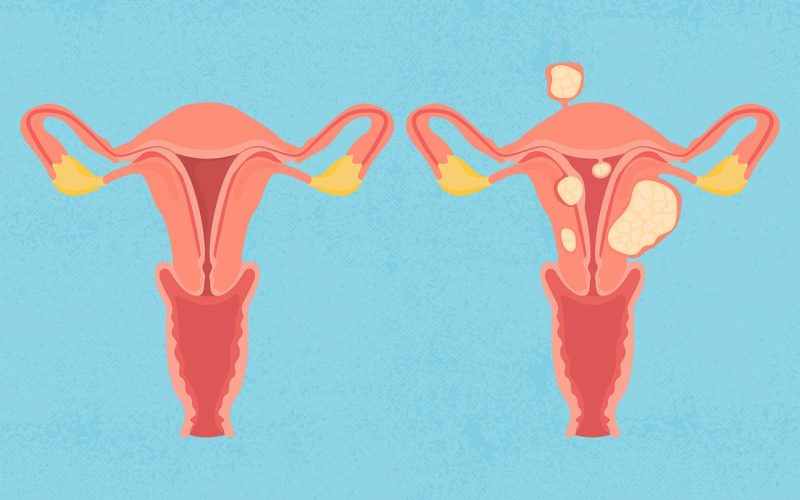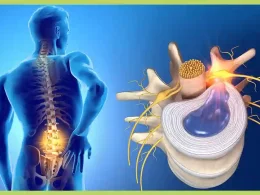Lake Mary heavy bleeding is a common problem that affects many women at some point in their lives. Heavy bleeding during menstruation can be disruptive and even debilitating for some women. It can cause anxiety and stress, and can impact their daily activities. This article aims to provide an overview of the causes, symptoms, and treatment options for menstrual heavy bleeding.
WHAT IS MENSTRUAL HEAVY BLEEDING?
Menstrual heavy bleeding, also known as menorrhagia, is defined as excessive or prolonged menstrual bleeding. It is a common problem that affects many women, and it can have a significant impact on their quality of life. The amount of menstrual bleeding varies from woman to woman, but generally, a woman is considered to have heavy bleeding if she experiences:
- Flow that lasts more than seven days
- Soaking through one or more tampons or pads every hour for several hours in a row
- The need to wear more than one pad at a time
- Passing blood clots that are larger than a quarter
Women who experience heavy bleeding during menstruation may also experience fatigue, weakness, and shortness of breath due to the loss of iron-rich blood.
WHAT CAUSES MENSTRUAL HEAVY BLEEDING?
There are many potential causes of menstrual heavy bleeding, including:
- Hormonal imbalances: Fluctuations in hormones, including estrogen and progesterone, can lead to heavy bleeding.
- Fibroids: Uterine fibroids are noncancerous growths that can develop in the uterus, and they can cause heavy bleeding.
- Polyps: Uterine polyps are growths that can develop in the lining of the uterus and cause heavy bleeding.
- Adenomyosis: Adenomyosis is a condition in which the tissue that normally lines the uterus grows into the muscular walls of the uterus, causing heavy bleeding.
- Endometriosis: Endometriosis is a condition in which the tissue that lines the uterus grows outside of it, potentially causing heavy bleeding.
- Use of blood thinners: Blood thinners can increase bleeding during menstruation.
- Intrauterine device (IUD): An IUD can cause heavy bleeding in some women.
WHAT ARE THE SYMPTOMS OF MENSTRUAL HEAVY BLEEDING?
The symptoms of menstrual heavy bleeding may include:
- Bleeding that lasts more than seven days
- Soaking through one or more tampons or pads every hour for several hours in a row
- The need to wear more than one pad at a time
- Passing blood clots that are larger than a quarter
- Fatigue, weakness, and shortness of breath
WHAT ARE THE TREATMENT OPTIONS FOR MENSTRUAL HEAVY BLEEDING?
The treatment options for menstrual heavy bleeding may depend on the underlying cause of the bleeding. Some common treatment options include:
- Hormonal medications: Hormonal medications, such as birth control pills, can help regulate menstrual bleeding.
- Nonsteroidal anti-inflammatory drugs (NSAIDs): NSAIDs, such as ibuprofen, can help reduce pain and heavy bleeding.
- IUDs: Some IUDs, such as the Mirena IUD, can help reduce heavy bleeding.
- Endometrial ablation: Endometrial ablation is a procedure that removes the lining of the uterus, potentially reducing heavy bleeding.
- Hysterectomy: In some cases, a hysterectomy may be necessary to treat heavy bleeding.
CONCLUSION
Menstrual heavy bleeding is a common problem that affects many women. It can be disruptive and even debilitating for some women, and it can have a significant impact on their quality of life. The causes of menstrual heavy bleeding can vary, but there are many treatment options available. If you are experiencing heavy bleeding during menstruation, talk to your healthcare provider about the best treatment options for you.











